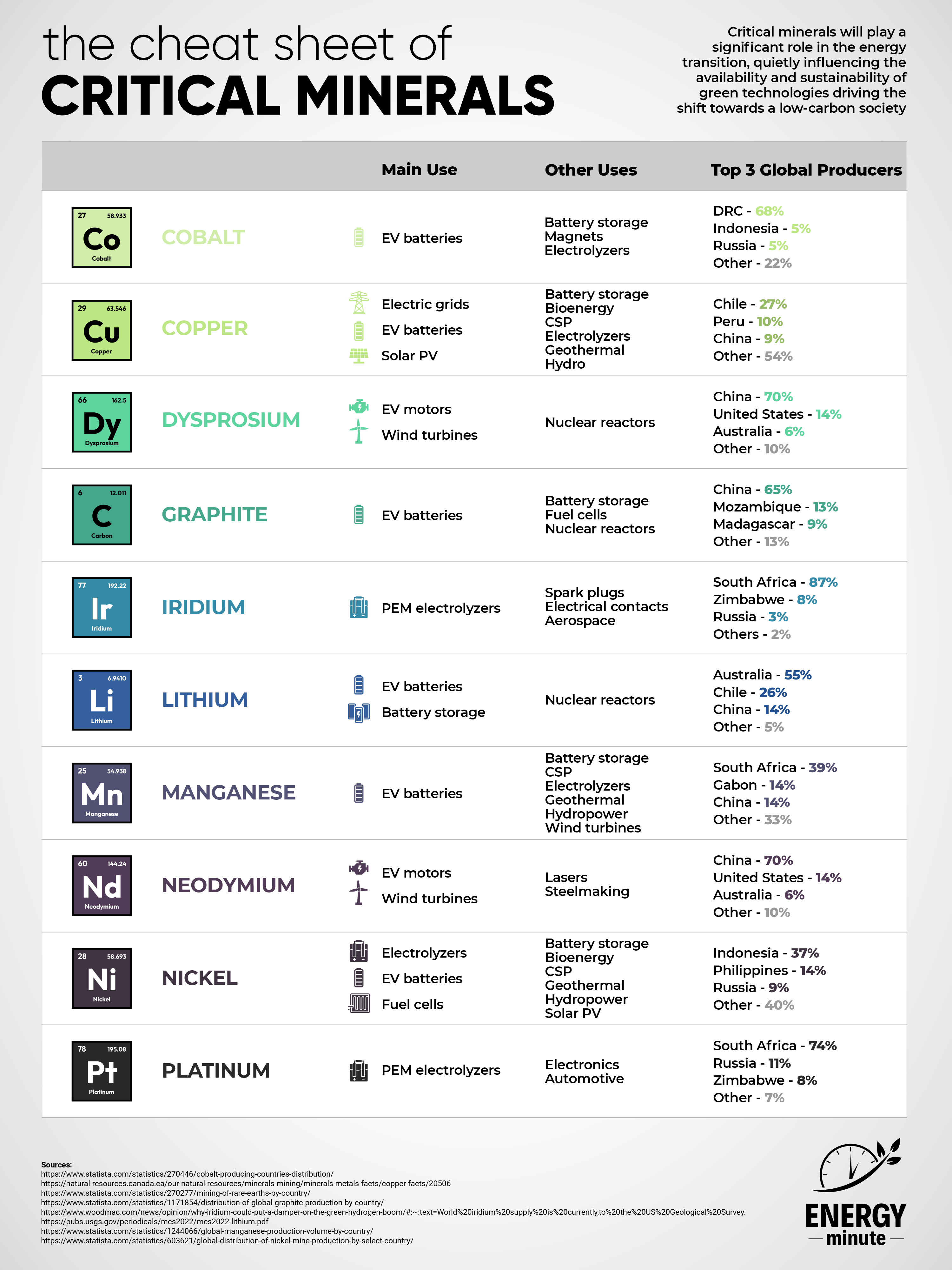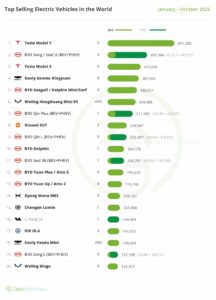Lithium, cobalt, and graphite are fundamental to the EV battery industry. These materials are essential components of lithium-ion batteries, which are used in most electric vehicles due to their high energy density and rechargeability. The growing popularity of EVs has led to a significant increase in the demand for these critical minerals, with forecasts indicating a potential rise in demand by several thousand percent over the next few years.
This demand surge presents both an opportunity and a challenge. The opportunity lies in the potential for economic growth and advancement in clean energy technologies. The challenge, however, is multifaceted. It encompasses not only the securing of supply chains but also the environmental and ethical considerations of mineral extraction and processing.
The United States, recognising the strategic importance of these minerals, faces a significant supply risk due to its reliance on imports. With over 90% of critical minerals being imported, there is a pressing need for a diversified supply chain that can withstand geopolitical shifts and market volatility.
The environmental impact of mining these minerals is important. The extraction and processing of lithium, cobalt, and graphite can lead to habitat destruction, water pollution, and greenhouse gas emissions. Moreover, the ethical implications, particularly in cobalt mining, which has been marred by instances of child labor and human rights violations, cannot be ignored.
In response to these challenges, there is a concerted effort to develop more sustainable and ethical supply chains. Recycling of EV batteries presents a promising avenue, potentially reducing the need for virgin material extraction and the associated environmental footprint. Innovations in battery technology that reduce or eliminate the need for these critical minerals are also under development.
The Department of Energy’s Critical Materials Institute is at the forefront of addressing these issues, focusing on diversifying supply, developing substitutes, and improving recycling methods. Such initiatives are crucial for ensuring that the EV battery industry can grow without exacerbating environmental degradation or social injustice.
Critical minerals are indispensable to the EV battery industry, but their use comes with significant responsibilities. A balanced approach that promotes supply chain resilience, environmental stewardship, and ethical practices is essential for the sustainable growth of the EV sector. As the industry evolves, it will be imperative to keep these considerations at the forefront of innovation and policy-making.
Source: Critical Materials Factsheet | university of Michigan







